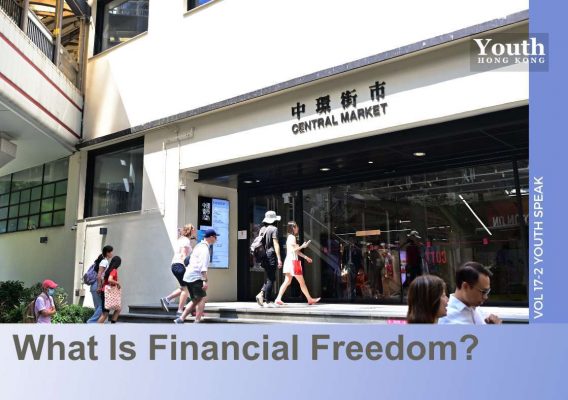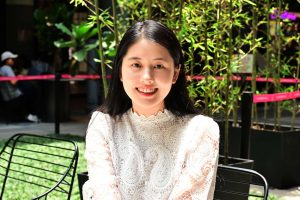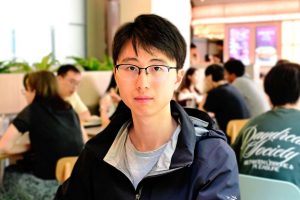What Is Financial Freedom? A Myth or Something to Realistically Aspire to?
Financial Freedom:
A Myth or Something to Realistically Aspire to?
For the first time, we took our microphone to the street and sought random opinions from young people on the question of financial freedom. The following accepted us with good grace and provided very honest and thought-provoking answers.
Felix 25
Not having to work and having a place to live —that’s financial freedom to me. I reckon I’d need around HK$10 million to reach that state, because that amount would be enough to buy a flat, cover living costs, and sustain me without needing a job. Ideally, that money would keep growing over time, so I wouldn’t have to work again. My dream life after achieving financial freedom? Gaming, sleeping, getting married, and having kids. But honestly, I’m still miles away from it as I’m spending more than I earn.
Luckily, I live with my family, so I don’t pay rent. Most of my income goes to entertainment, eating out, and travelling. Hong Kong’s cost of living is ridiculously high—just renting a place eats up so much money. The biggest obstacle to my financial freedom is the soaring prices, especially since my salary isn’t keeping up while everything gets more expensive.
Kyan, 26
Financial freedom means having so much money that you never need to worry. My ideal financial situation is simply earning and saving well. I’d say I’m currently at a satisfactory level: about halfway to my ideal lifestyle, though I hope to earn more to properly provide for myself and my family.
Most of my expenses go on food and business costs, but I’m quite frugal with personal spending. Since profits from operating my shop fluctuate, my current goal is to build emergency savings for unexpected needs.
To be honest, I don’t have grand plans after achieving wealth. Life would probably stay much the same, perhaps with some travels. While I’ve got plenty of things I’d like to do, I’ve never had an idea of how much I need.
Mr Wong, 26
I need a total of 25 million dollars to get daily interest from the market to achieve financial freedom. That is calculated based on the assumption that I need 10,000 Hong Kong dollars a day. Because 25 million multiplied by 4% divided by 365 days is 10,000 dollars a day. But that will change once I get married and have kids. As for now, that’s the target.
Catherine, 30
It means I don’t have to get by with work every day and can choose to do any work. To achieve that, I’d probably need to own some property already, plus around 10 million Hong Kong dollars in liquid cash—that should be enough to last me until my 60s or 70s.
Once I’m financially free, my life would be all about travelling and exploring places I’ve never had the chance to visit. The biggest obstacle right now? My job leaves me no time or money to make it happen. I don’t think spending habits are what’s holding me back—it’s the lack of new income streams. No matter how much I cut back, it won’t help if I’m not earning more in the first place.
Mr Duan, 30
Financial freedom means no longer having to work for money, so I can spend each day doing exactly what I want. For instance, I’d love to try different careers and experience alternative ways of living.
In my ideal version of financial freedom, I’d actually keep working, because work gives me purpose, a sense of achievement, and valuable life experiences.
Truthfully, I already feel quite free. I don’t have many material desires. When you’re not chasing possessions, contentment comes more easily. Plus, I genuinely enjoy my current work. I’m doing what interests me most. My previous career in finance was stressful, but that pressure forced me to really consider what I wanted from work and life.
I don’t have a specific target number for achieving financial freedom. I don’t need much money because accumulating wealth isn’t in my nature. My annual expenses multiplied by twenty would likely suffice, as that sum could generate a steady 5% return through relatively low-risk investments to cover my living costs. ■






